Princeton study suggests that monkeys, like humans, may have 'self
Por um escritor misterioso
Last updated 20 setembro 2024
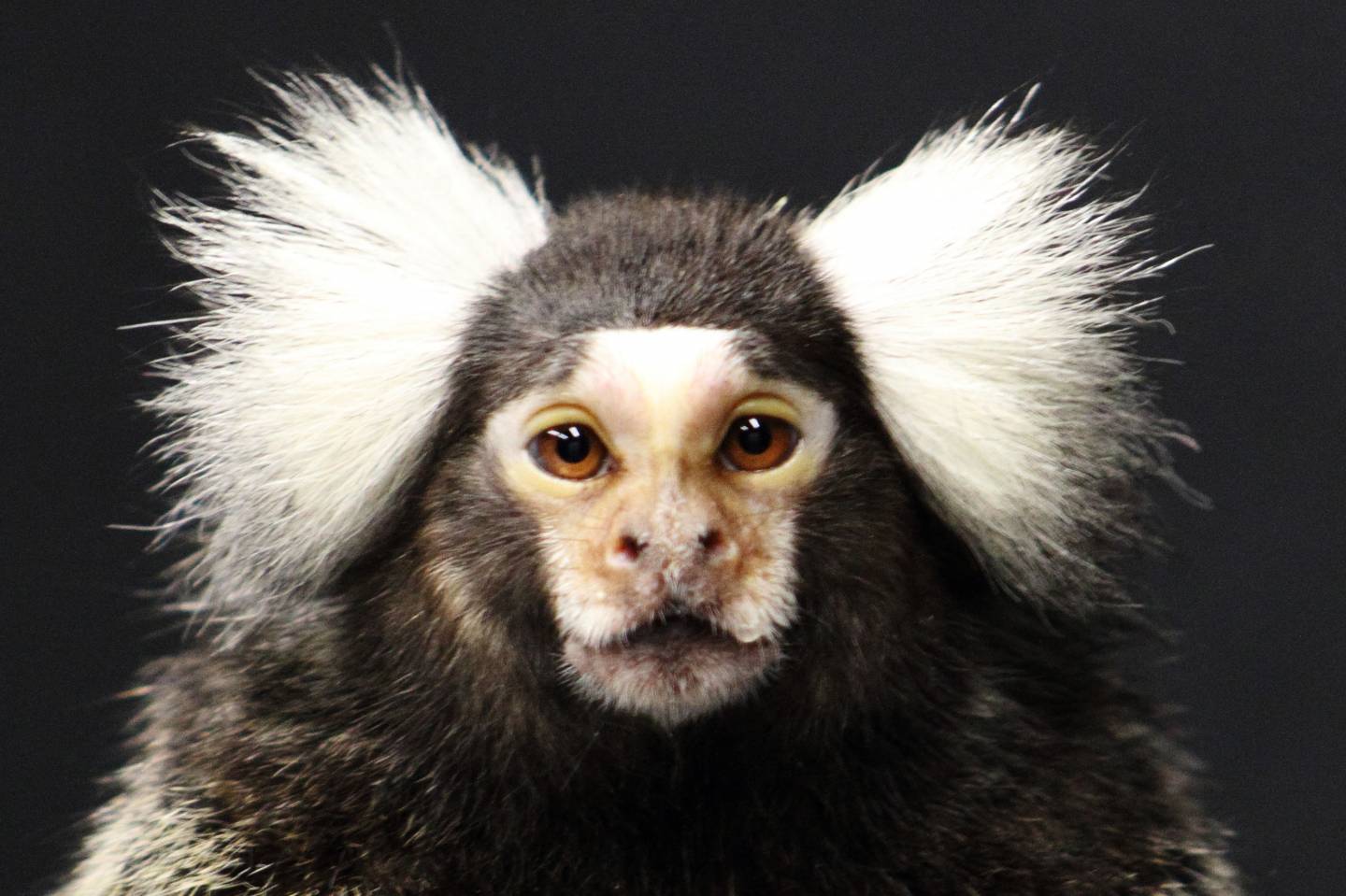
A team of scientists determined that changing an infant monkey's verbal development also changed a physical marker of domesticity: a patch of light fur on its forehead. This link between tameness and language development supports the theory that humans have "self domesticated."

Zoo Biology, Zoology Journal

Merely designating an area as protected not enough, says Princeton study; here is why
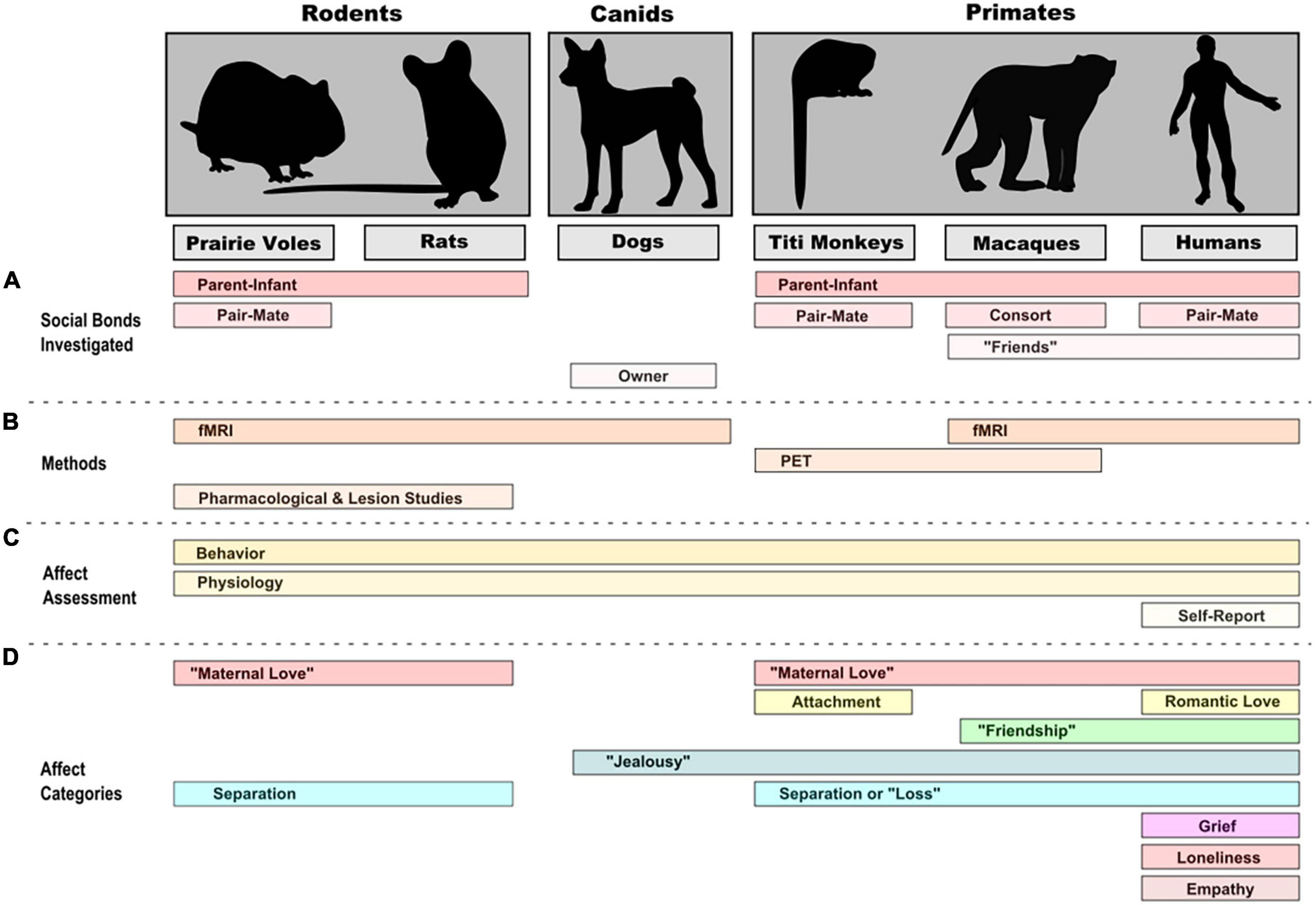
Frontiers Neuroimaging of human and non-human animal emotion and affect in the context of social relationships
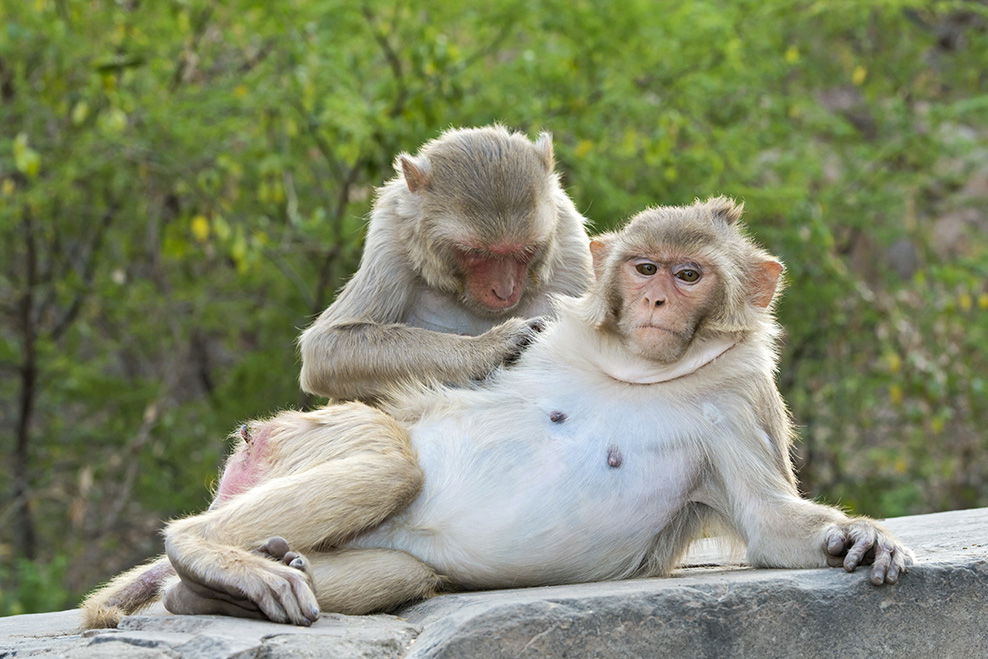
The Rockefeller University » Newly discovered brain network offers clues to social cognition

Peaceable Primate Sanctuary provides retirement home for primates leaving research labs

It's Time to Make Human-Chimp Hybrids - Nautilus
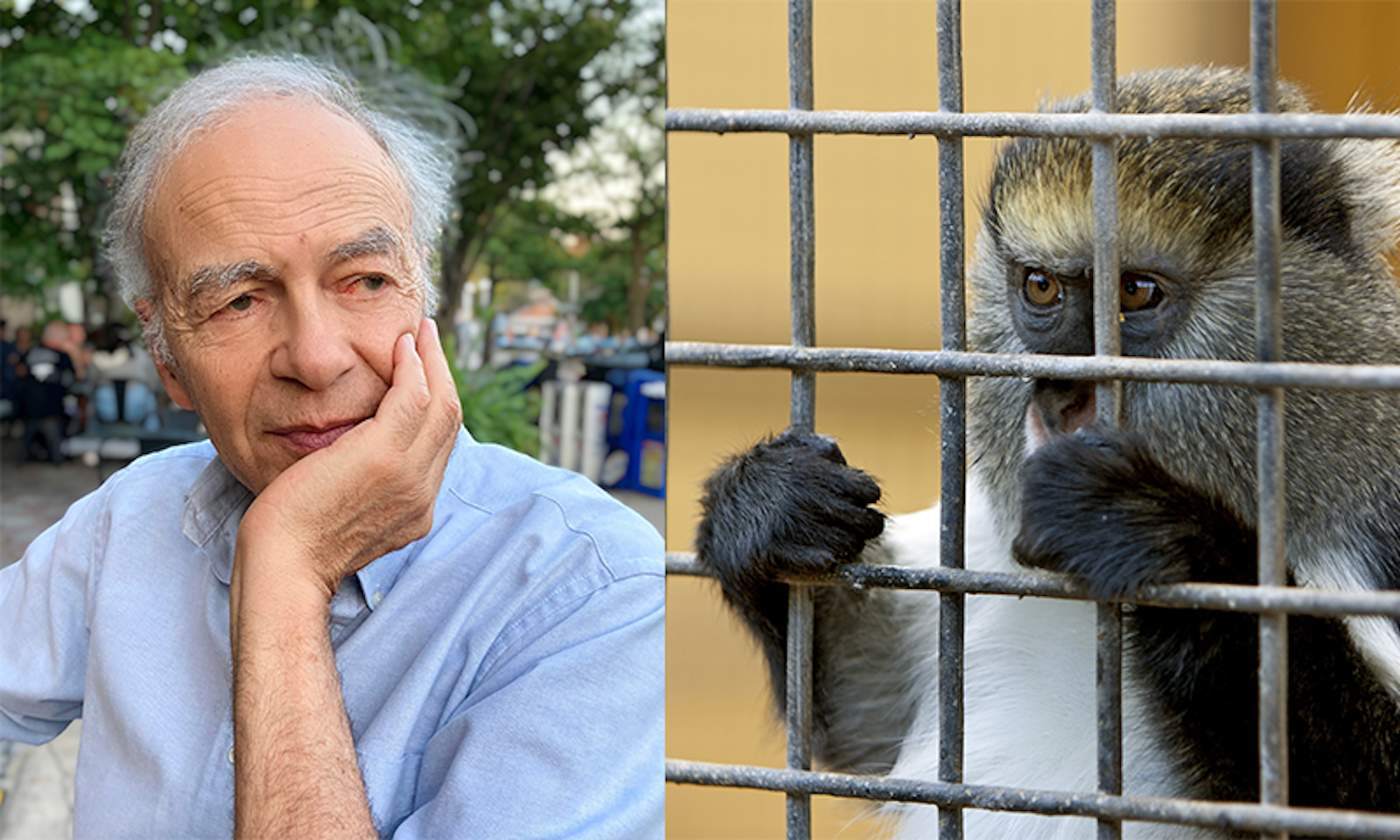
A Conversation with Animal Liberation author Peter Singer

Alpha baboons feel the strain
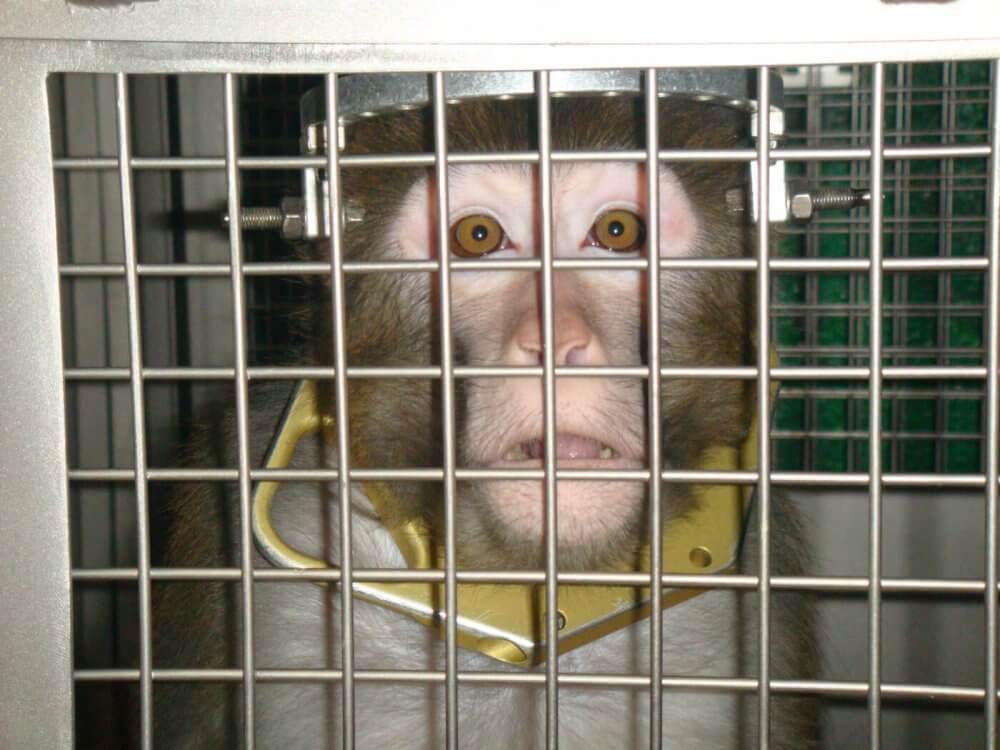
PETA Calls For Criminal Probe After Princeton University Kills a Monkey
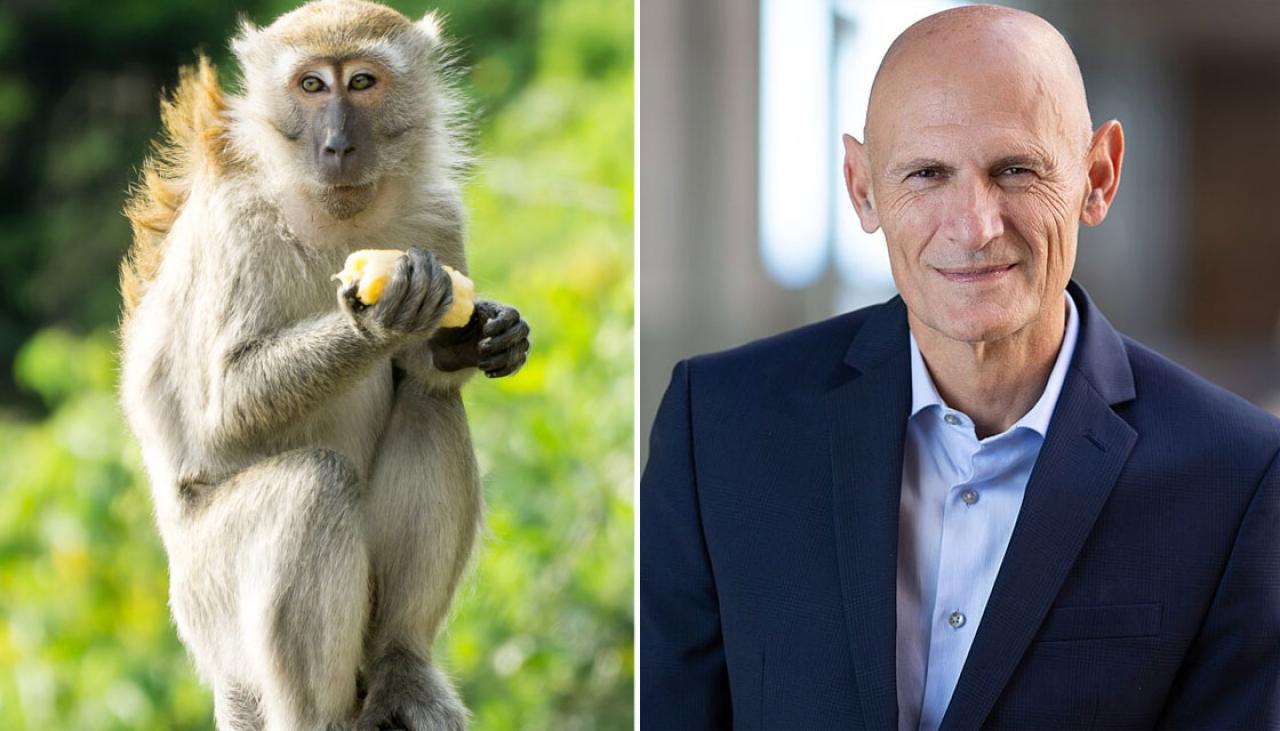
Scientists reveal the first-ever human-monkey hybrids
Recomendado para você
-
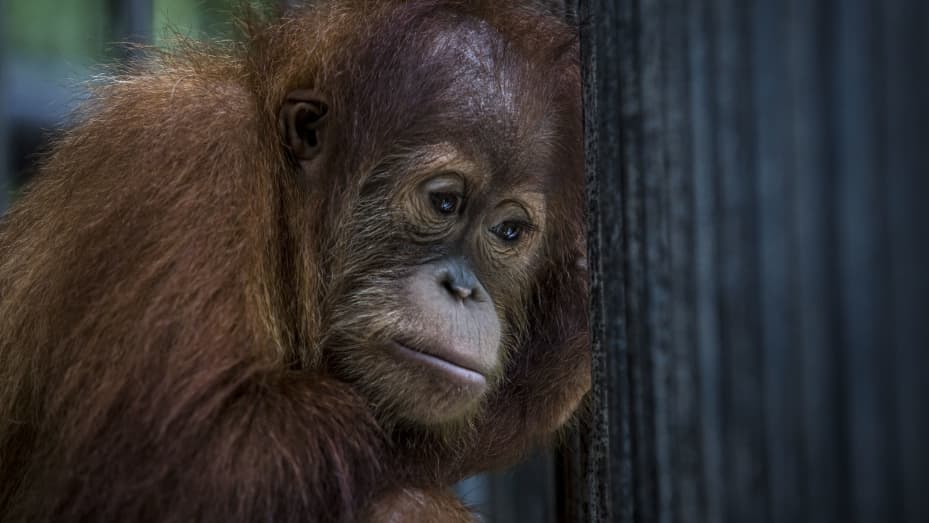 More than half of all apes, monkeys and other primates at risk of20 setembro 2024
More than half of all apes, monkeys and other primates at risk of20 setembro 2024 -
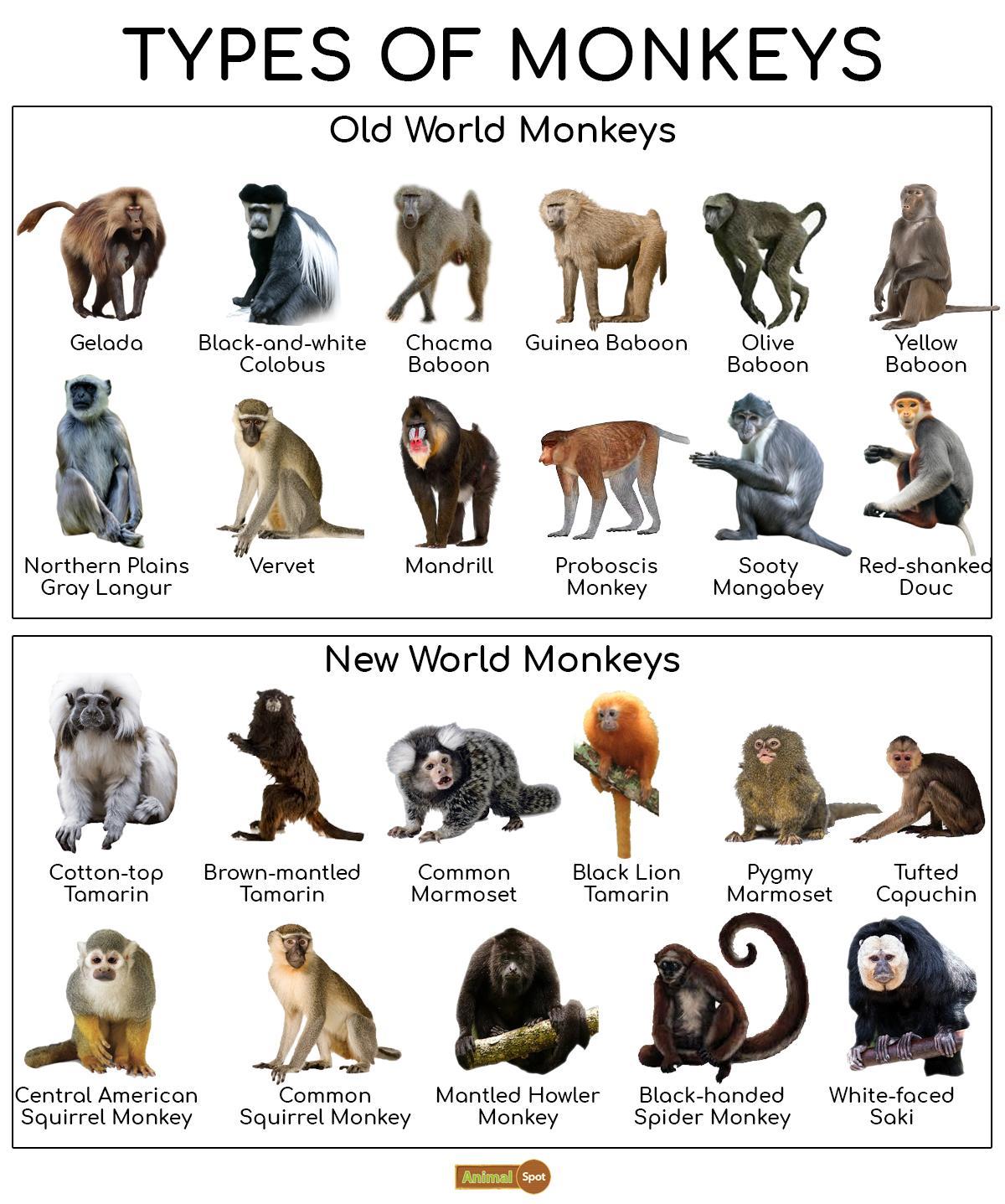 Monkey Facts, Types, Lifespan, Classification, Habitat, Pictures20 setembro 2024
Monkey Facts, Types, Lifespan, Classification, Habitat, Pictures20 setembro 2024 -
 Proboscis monkey20 setembro 2024
Proboscis monkey20 setembro 2024 -
 Studies with monkeys find early attachment brings generations of20 setembro 2024
Studies with monkeys find early attachment brings generations of20 setembro 2024 -
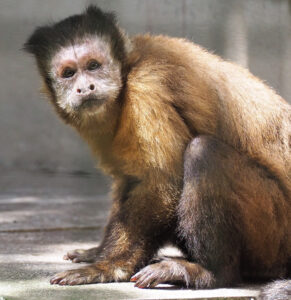 Adopt a Monkey20 setembro 2024
Adopt a Monkey20 setembro 2024 -
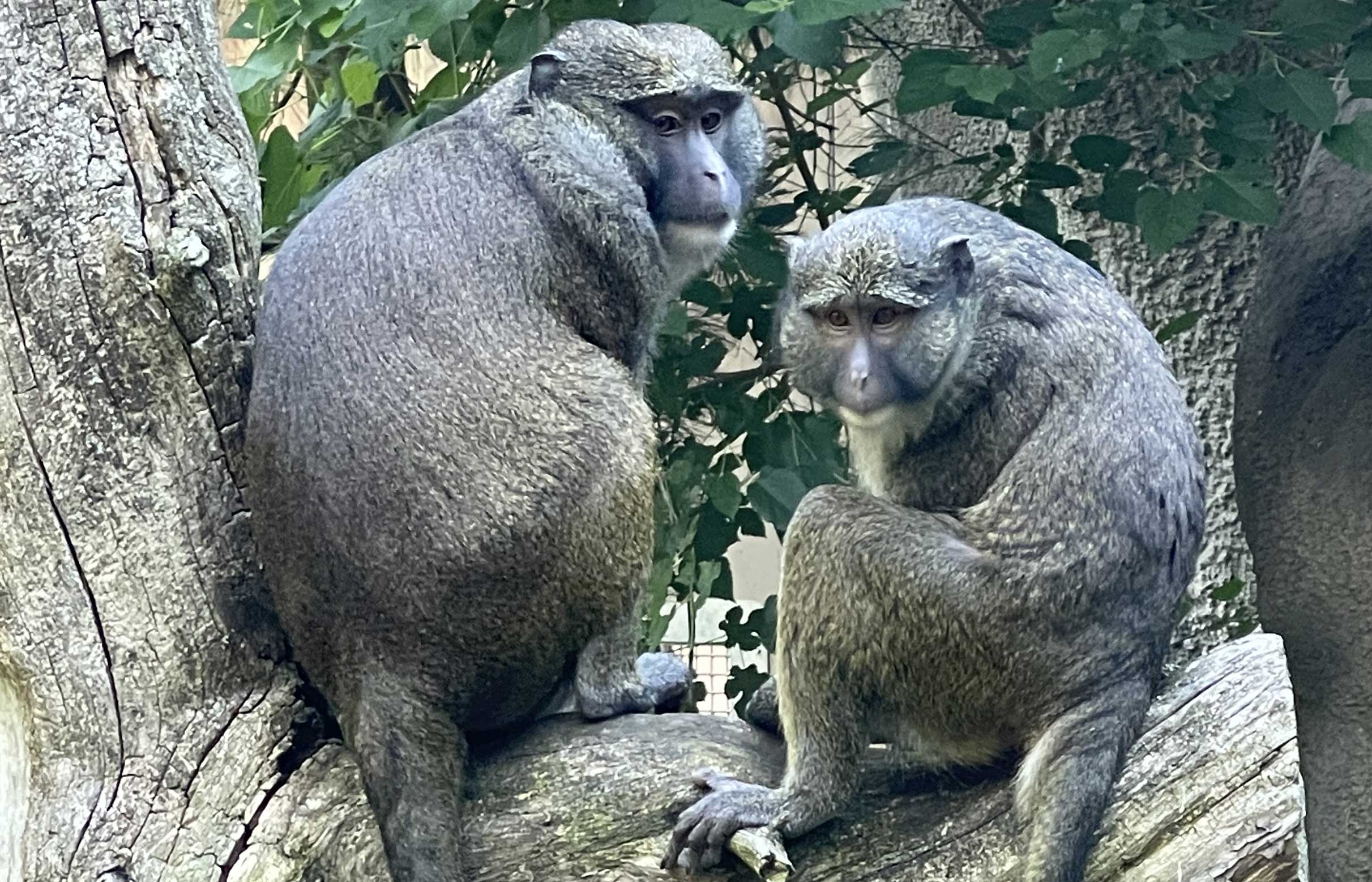 Allen's Swamp Monkeys - Detroit Zoo20 setembro 2024
Allen's Swamp Monkeys - Detroit Zoo20 setembro 2024 -
 Monkey shortage imperils early-stage drug development timelines20 setembro 2024
Monkey shortage imperils early-stage drug development timelines20 setembro 2024 -
 Caribbean wrestles with mischievous invaders: monkeys20 setembro 2024
Caribbean wrestles with mischievous invaders: monkeys20 setembro 2024 -
 Crab-eating macaque - Wikipedia20 setembro 2024
Crab-eating macaque - Wikipedia20 setembro 2024 -
 12 monkeys missing from Louisiana zoo as search for thief continues - ABC News20 setembro 2024
12 monkeys missing from Louisiana zoo as search for thief continues - ABC News20 setembro 2024
você pode gostar
-
 ONE PIECE STAMPEDE DUBLADO NOS CINEMAS QUASE ACONTECEU20 setembro 2024
ONE PIECE STAMPEDE DUBLADO NOS CINEMAS QUASE ACONTECEU20 setembro 2024 -
 OS MELHORES DESENHOS DO GATO GALÁCTICO Melhores Momentos Compilação de 1 Hora20 setembro 2024
OS MELHORES DESENHOS DO GATO GALÁCTICO Melhores Momentos Compilação de 1 Hora20 setembro 2024 -
Jogo Ghostwire: Tokyo - PS5, Promoção20 setembro 2024
-
 🔥Pokémon TCG Ho-Oh-EX Dragons Exalted🔥20 setembro 2024
🔥Pokémon TCG Ho-Oh-EX Dragons Exalted🔥20 setembro 2024 -
 Como fazer Bolo de Cenoura - Vamos Fazer Bolo?20 setembro 2024
Como fazer Bolo de Cenoura - Vamos Fazer Bolo?20 setembro 2024 -
 Petition · Urge the developers to continue updating Super Dragon Ball Heroes World Mission! ·20 setembro 2024
Petition · Urge the developers to continue updating Super Dragon Ball Heroes World Mission! ·20 setembro 2024 -
 PC Cheats - The Sims 3 Guide - IGN20 setembro 2024
PC Cheats - The Sims 3 Guide - IGN20 setembro 2024 -
 Tutorial para construir um barco para tesouro no Roblox Método para construir um barco para tesouro20 setembro 2024
Tutorial para construir um barco para tesouro no Roblox Método para construir um barco para tesouro20 setembro 2024 -
Palmeiras destrói vantagem do São Paulo, faz 4 a 0 e leva o Paulistão - Futebol - R7 Campeonato Paulista20 setembro 2024
-
 Chillingo Releases Two New iOS Games: Spice Invaders and 1001 Ultimate Mahjong20 setembro 2024
Chillingo Releases Two New iOS Games: Spice Invaders and 1001 Ultimate Mahjong20 setembro 2024
